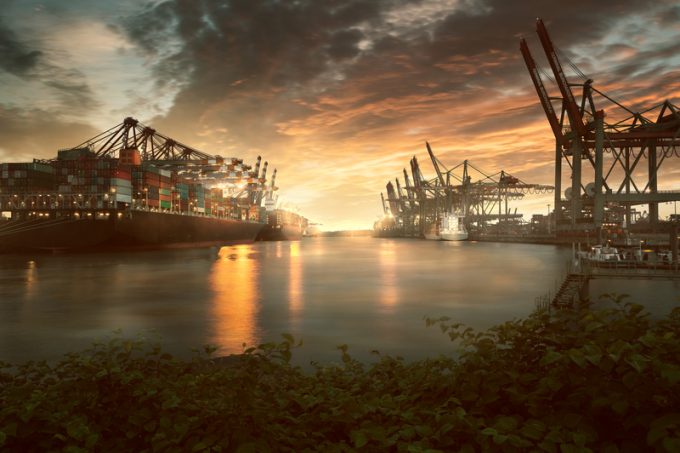Shippers to opt for direct port calls over speed of service, predicts MSC's Soren Toft
MSC chief executive Soren Toft has predicted that global supply chains will increasingly fragment in ...

Germany’s fashion retailers may be forced to discount stock to avoid being flooded by a wave of imports, according to a new study.
German software house Setlog surveyed 100 fashion retailers that operate its OSCA system, and found them desperate for intermediate storage solutions, with warehouses and port container yards at near-capacity.
Setlog said most were simply delaying the pick-up of import containers and the return of empty boxes, and found that last month, the average time for a container to make ...
Volcanic disruption at Anchorage could hit transpacific airfreight operations
Shippers snap up airfreight capacity to US ahead of tariff deadline
Forwarders stay cool as US 'liberation day' tariffs threaten 'global trade war'
New price hikes may slow ocean spot rate slide – but for how long?
Tighter EU import requirements proving 'a challenge' for forwarders
Supply chain delays expected after earthquake hits Myanmar
Looming Trump tariffs will create 'a bureaucratic monster' for Customs

Comment on this article